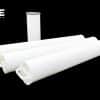Industrial Pleated Filters vs. Standard Filters: Key Differences
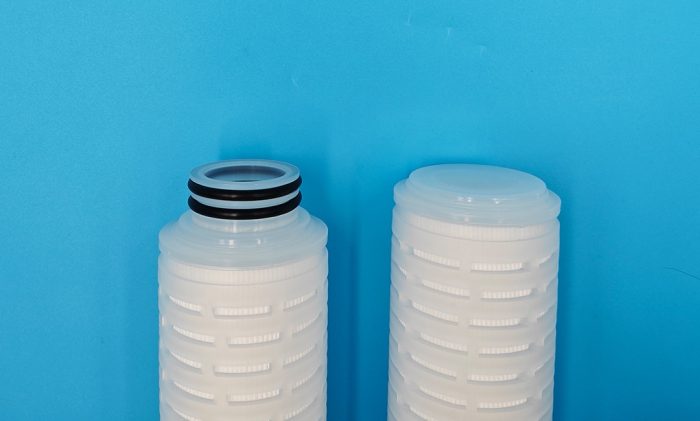
Efficiency of Filtration
When it comes to choosing the right filter for your industrial application, efficiency of filtration is a key factor to consider. Industrial pleated filters and standard filters are two common options available, each with their own set of advantages and disadvantages. Understanding the key differences between these two types of filters can help you make an informed decision on which one is best suited for your specific needs.
Industrial pleated filters are known for their high efficiency in capturing particles and contaminants from the air or liquid being filtered. The pleats in these filters provide a larger surface area for filtration, allowing them to trap more particles and provide better overall filtration performance. This makes industrial pleated filters ideal for applications where high levels of filtration are required, such as in cleanrooms, HVAC systems, and industrial processes where maintaining air quality is crucial.
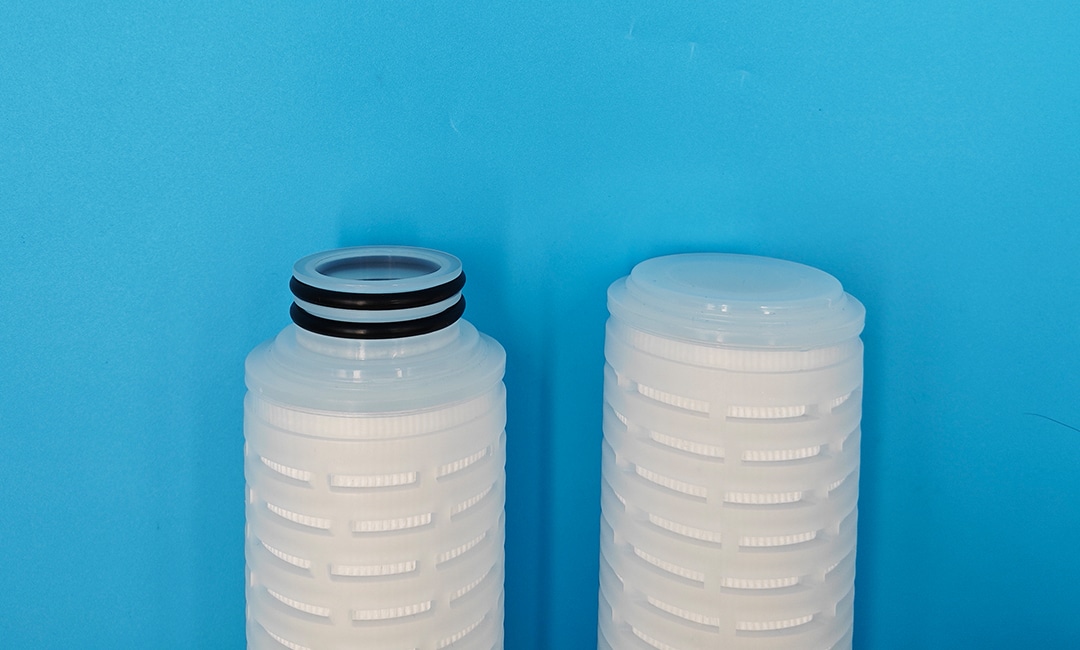
On the other hand, standard filters are typically made of a single layer of filter media, which may not provide the same level of filtration efficiency as pleated filters. While standard filters are still effective at capturing larger particles and contaminants, they may not be as effective at capturing smaller particles or providing the same level of overall filtration performance as pleated filters. This can be a disadvantage in applications where high levels of filtration are required, as standard filters may not be able to provide the same level of protection against contaminants.
In terms of efficiency of filtration, industrial pleated filters have a clear advantage over standard filters. The pleats in these filters allow for a larger surface area for filtration, which in turn allows them to capture more particles and provide better overall filtration performance. This makes industrial pleated filters a better choice for applications where high levels of filtration are required, as they can provide better protection against contaminants and help maintain air quality in industrial settings.
In addition to their higher efficiency of filtration, industrial pleated filters also tend to have a longer lifespan than standard filters. The pleats in these filters help to prevent clogging and extend the life of the filter, reducing the frequency of filter replacements and maintenance. This can result in cost savings over time, as fewer filter replacements are needed and downtime for maintenance is minimized.
Overall, when it comes to efficiency of filtration, industrial pleated filters are the superior choice compared to standard filters. Their larger surface area for filtration and higher overall filtration performance make them ideal for applications where high levels of filtration are required. Additionally, their longer lifespan and reduced maintenance requirements make them a cost-effective option for industrial settings.
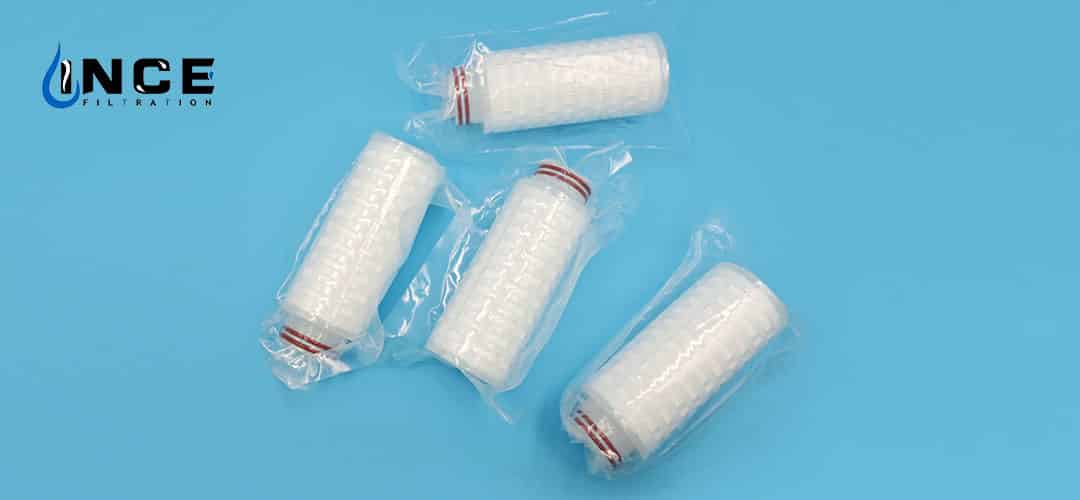
In conclusion, when choosing between industrial pleated filters and standard filters, it is important to consider the efficiency of filtration as a key factor in your decision. Industrial pleated filters offer superior filtration performance and longer lifespan compared to standard filters, making them the preferred choice for applications where high levels of filtration are required. By understanding the key differences between these two types of filters, you can make an informed decision on which one is best suited for your specific needs.
Cost Comparison
When it comes to choosing the right filter for your industrial needs, there are several factors to consider. One of the most important considerations is the cost of the filter. Industrial pleated filters and standard filters are two common options, each with its own set of advantages and disadvantages. In this article, we will compare the cost of industrial pleated filters and standard filters to help you make an informed decision.
Industrial pleated filters are known for their high efficiency and long lifespan. These filters are made of a pleated material that provides a large surface area for capturing particles. This design allows industrial pleated filters to trap more contaminants than standard filters, making them ideal for environments with high levels of dust and debris. While industrial pleated filters may have a higher upfront cost compared to standard filters, their longer lifespan can result in cost savings over time.
On the other hand, standard filters are typically made of a flat material that is less efficient at capturing particles. These filters are often used in environments with lower levels of contaminants, where a high-efficiency filter is not necessary. Standard filters are generally less expensive than industrial pleated filters, making them a cost-effective option for businesses on a budget. However, it is important to consider the lifespan of standard filters, as they may need to be replaced more frequently than industrial pleated filters.

When comparing the cost of industrial pleated filters and standard filters, it is important to consider not only the upfront cost but also the long-term cost of maintenance and replacement. Industrial pleated filters may have a higher initial cost, but their longer lifespan can result in cost savings over time. Standard filters, on the other hand, may be less expensive upfront but may need to be replaced more frequently, leading to higher long-term costs.
In addition to the cost of the filters themselves, it is also important to consider the cost of installation and maintenance. Industrial pleated filters may require professional installation and regular maintenance to ensure optimal performance. Standard filters, on the other hand, are typically easier to install and maintain, making them a more cost-effective option for businesses that do not have the resources for professional installation and maintenance.
Overall, the cost of industrial pleated filters and standard filters will depend on a variety of factors, including the level of contaminants in the environment, the required efficiency of the filter, and the budget of the business. While industrial pleated filters may have a higher upfront cost, their long lifespan and high efficiency make them a cost-effective option for businesses that require a high-performance filter. Standard filters, on the other hand, are a more budget-friendly option for businesses with lower levels of contaminants and a limited budget for filter maintenance.
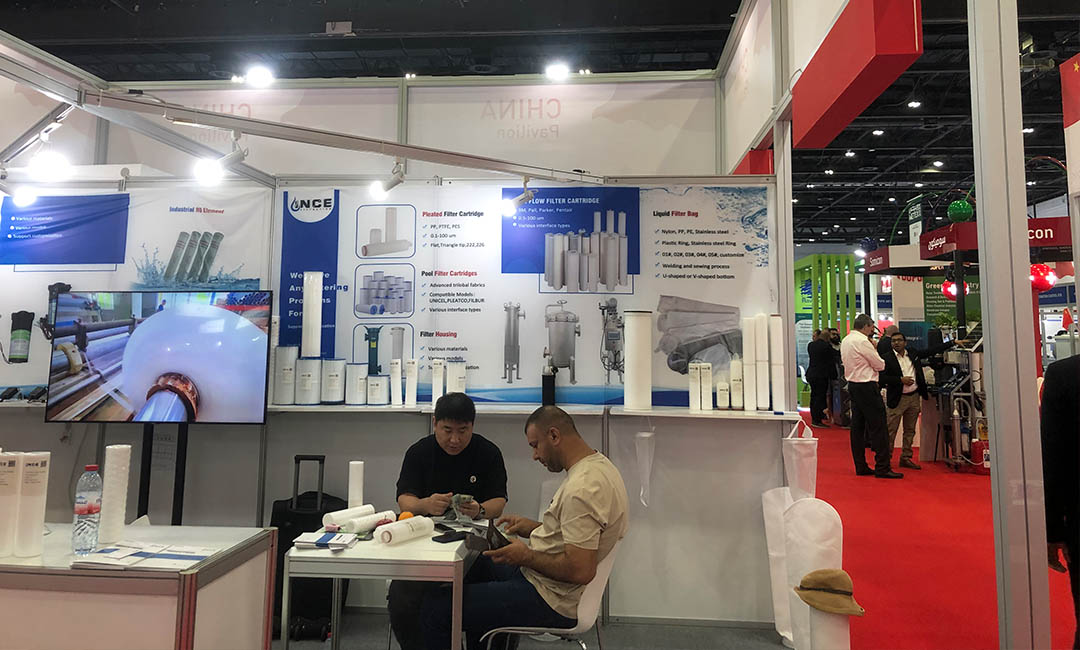
In conclusion, when comparing the cost of industrial pleated filters and standard filters, it is important to consider not only the upfront cost but also the long-term cost of maintenance and replacement. Industrial pleated filters may have a higher initial cost, but their efficiency and long lifespan can result in cost savings over time. Standard filters, on the other hand, are a more budget-friendly option for businesses with lower levels of contaminants and a limited budget for filter maintenance. Ultimately, the best filter for your industrial needs will depend on your specific requirements and budget constraints.
Lifespan and Maintenance Requirements
When it comes to choosing the right filter for your industrial needs, understanding the key differences between industrial pleated filters and standard filters is crucial. One important aspect to consider is the lifespan and maintenance requirements of these two types of filters.
Industrial pleated filters are known for their longer lifespan compared to standard filters. This is due to the pleated design of the filter, which provides a larger surface area for filtration. The increased surface area allows the filter to capture more particles and contaminants, resulting in a longer lifespan before needing to be replaced.
In contrast, standard filters typically have a shorter lifespan as they have a smaller surface area for filtration. This means that standard filters may need to be replaced more frequently, leading to higher maintenance costs in the long run. Additionally, standard filters may become clogged more easily, reducing their effectiveness and requiring more frequent replacements.
In terms of maintenance requirements, industrial pleated filters are generally easier to maintain compared to standard filters. The pleated design of these filters allows for easier cleaning and maintenance, as the pleats can be easily accessed and cleaned. This can help to extend the lifespan of the filter and reduce the frequency of replacements.
On the other hand, standard filters may require more frequent and thorough cleaning to maintain their effectiveness. The smaller surface area of these filters can make it more difficult to clean and remove contaminants, leading to a higher maintenance burden for industrial facilities.
Overall, the lifespan and maintenance requirements of industrial pleated filters make them a more cost-effective and efficient option for industrial applications. The longer lifespan and easier maintenance of these filters can help to reduce downtime and maintenance costs, making them a popular choice for many industrial facilities.
In conclusion, when considering the differences between industrial pleated filters and standard filters, it is important to take into account the lifespan and maintenance requirements of each type of filter. Industrial pleated filters offer a longer lifespan and easier maintenance compared to standard filters, making them a more cost-effective and efficient option for industrial applications. By understanding these key differences, industrial facilities can make an informed decision when choosing the right filter for their needs.

